How Leading Green Luxury Resorts in Asia Prioritise Eco-Consciousness
Spotlighting Capella Ubud, Zannier Hotels Phum Baitang, and Soneva Kiri as they lead the charge in sustainable hospitality. Discover their green efforts as they redefine luxury while being mindful of sustainable hospitality.
13 July 2023
Share this exclusive content from Saladplate
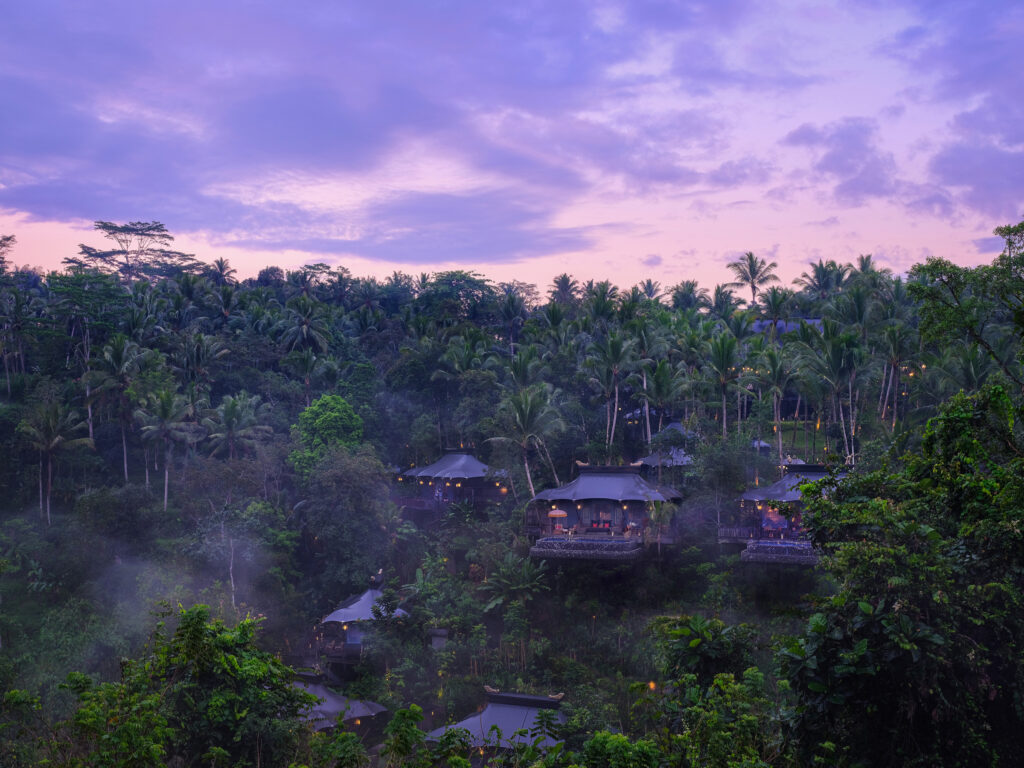
Photo Credit: Capella Ubud, Bali
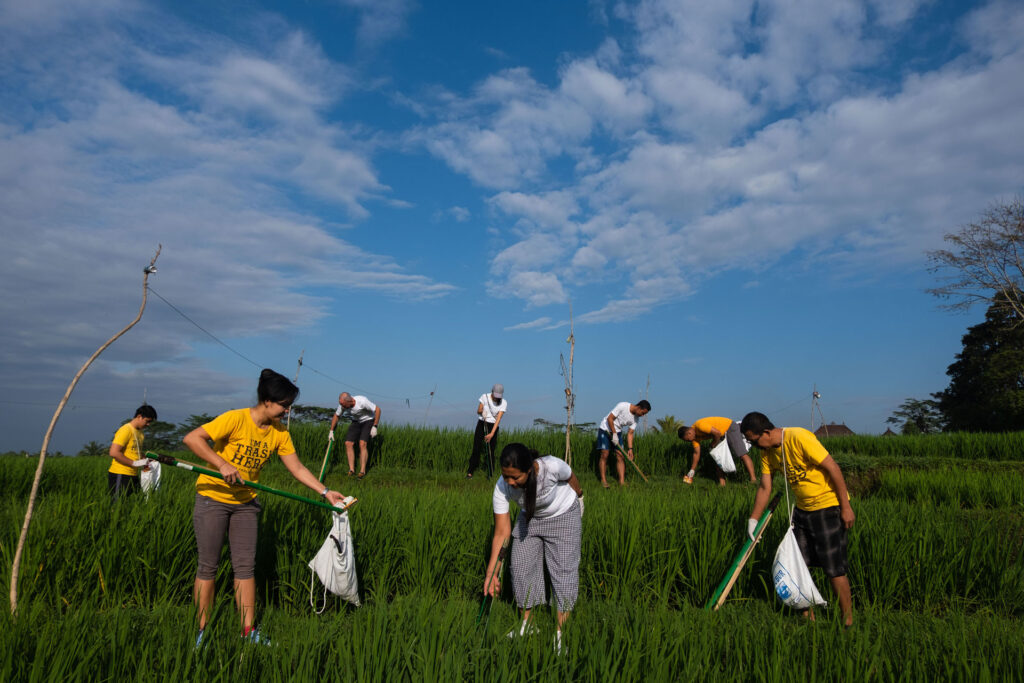
Capella Ubud, Bali working together with the Keliki villagers | Photo Credit: Capella Ubud, Bali
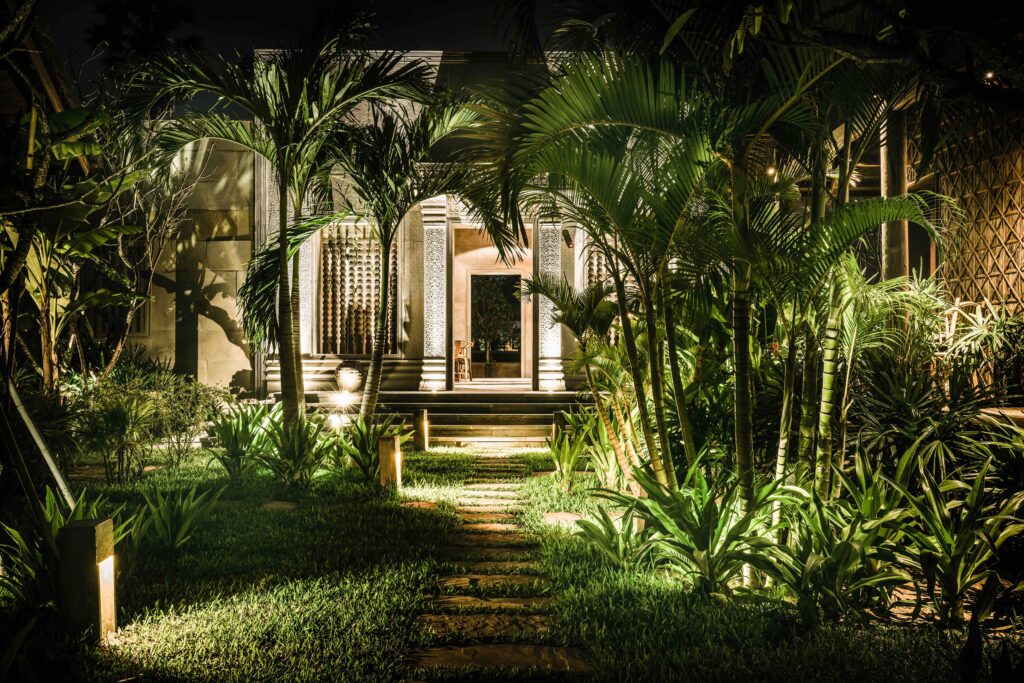
Photo Credit: Zannier Hotels Phum Baitang
Guests are encouraged to explore their sustainable practices too, right from tree-planting on their grounds offered as an activity for young guests, to actively seeking partnerships with organic and sustainable local suppliers to ensure high-quality products that support local businesses.
L to R: Homemade soap and organic spa products at Zannier Hotels Phum Baitang Photo Credit: Zannier Hotels Phum Baitang Facebook page

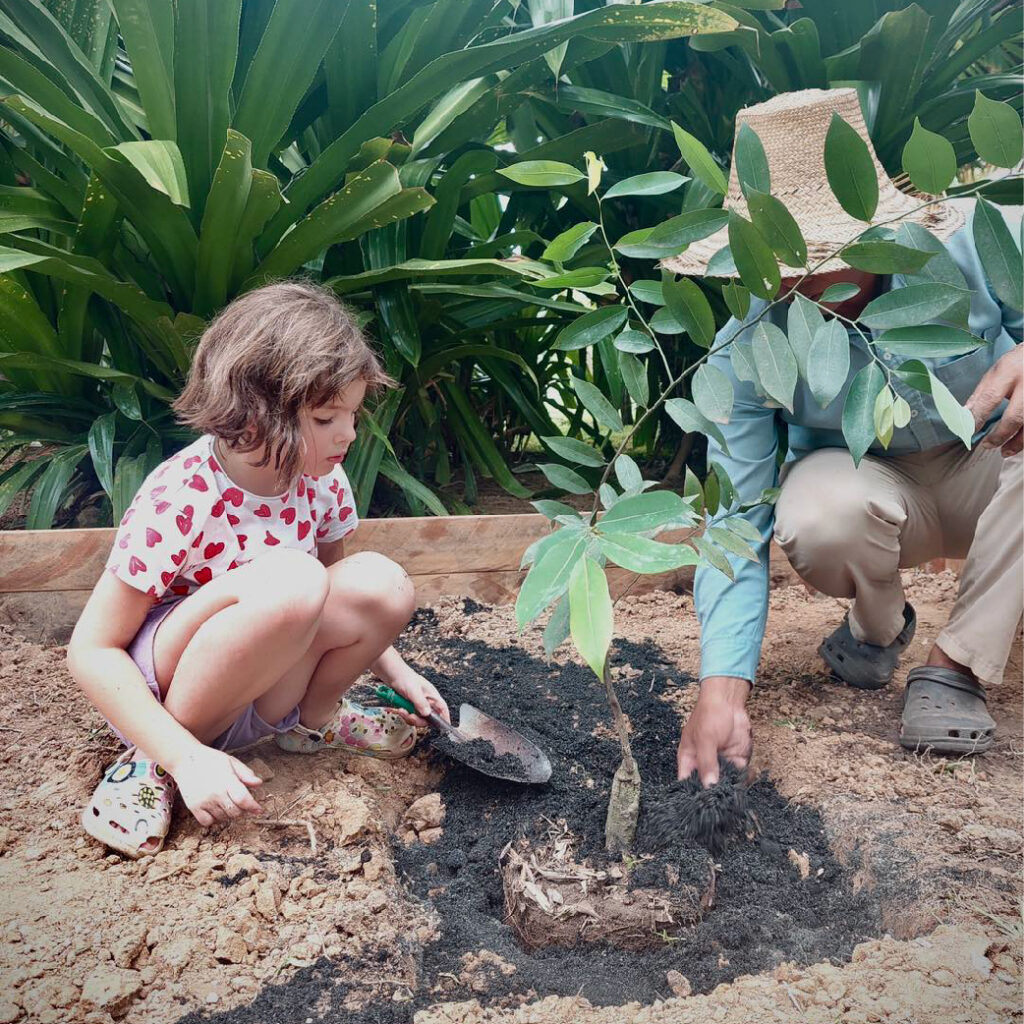

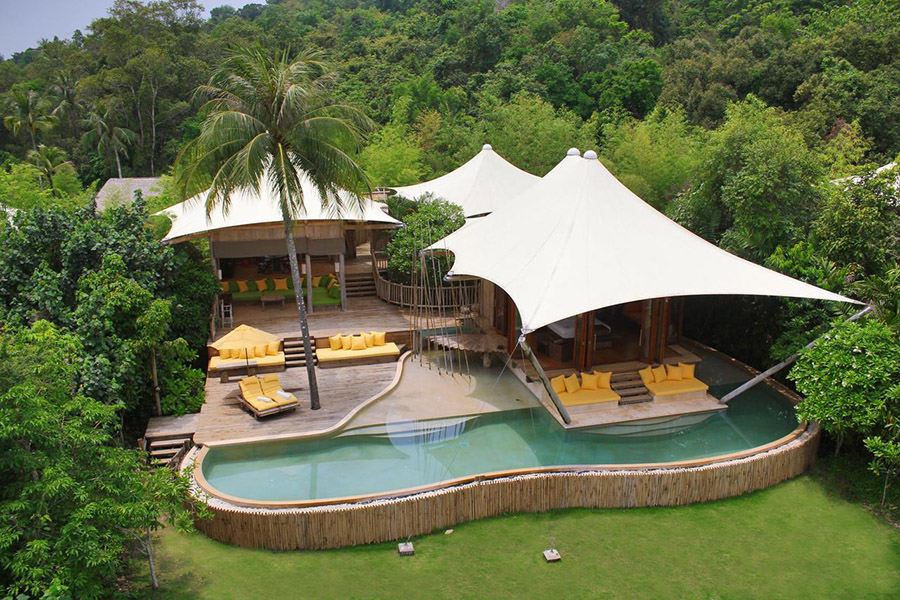
Photo Credit: Soneva Kiri
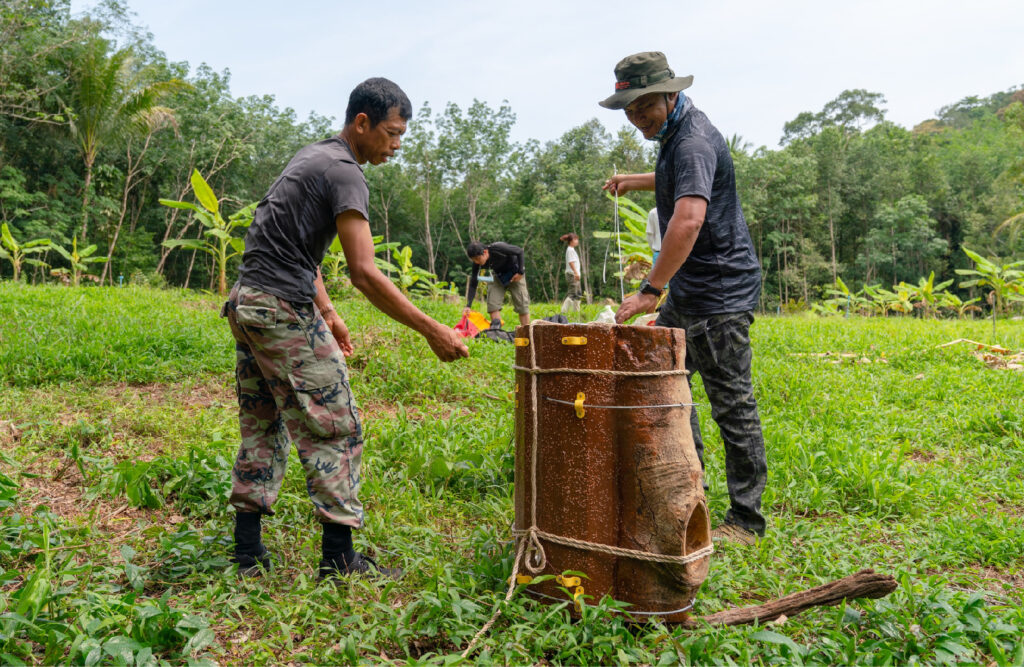
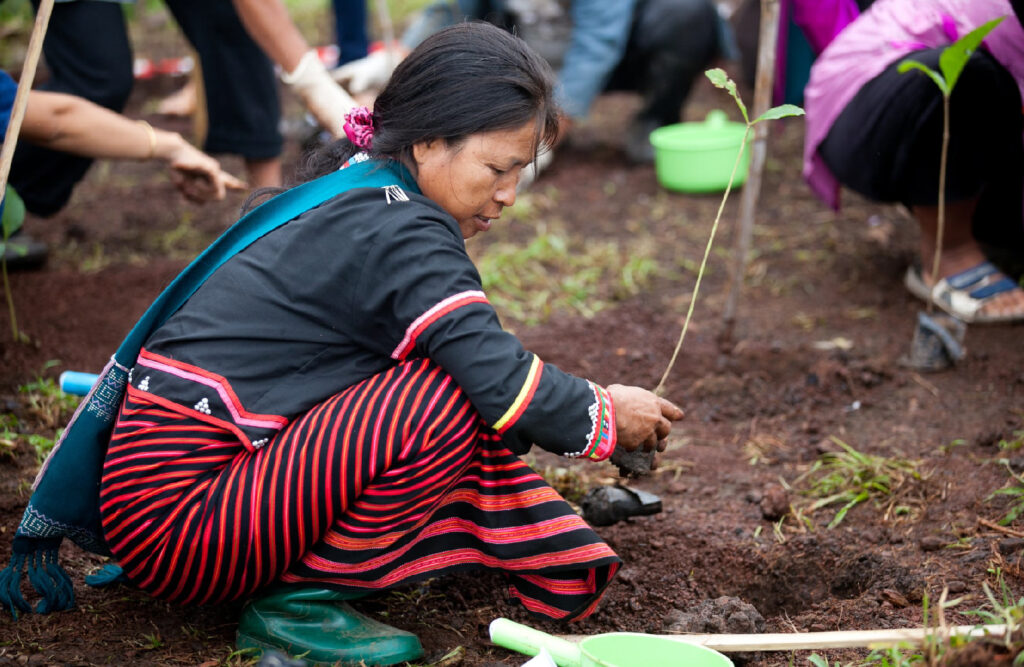
A hornbill nest being installed at Soneva Kiri | Photo Credit: Soneva Kiri
Soneva Kiri’s reforestation includes planting over 500,000 trees in Thailand | Photo Credit: Soneva Kiri
Author: Victoria Lim
Victoria Lim is a content writer with a diverse background and her work includes brands such as Capella Hotels and Resorts, Epicure Magazine, HungryGoWhere.com, and Makansutra. Her luxury hospitality, culinary arts, and food journalism expertise have shaped her commitment to sharing stories.



